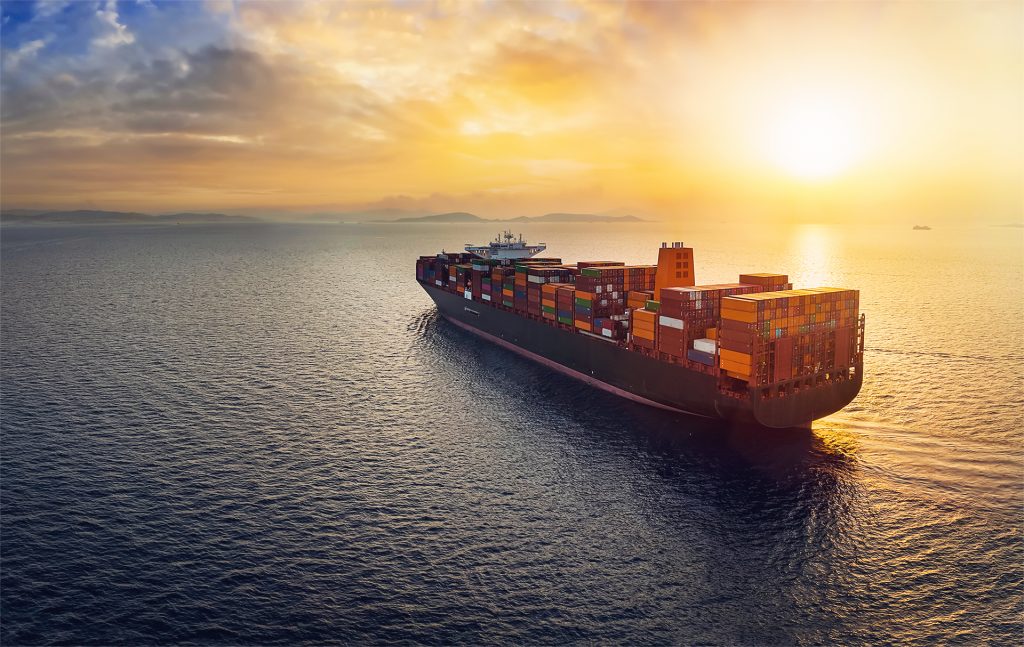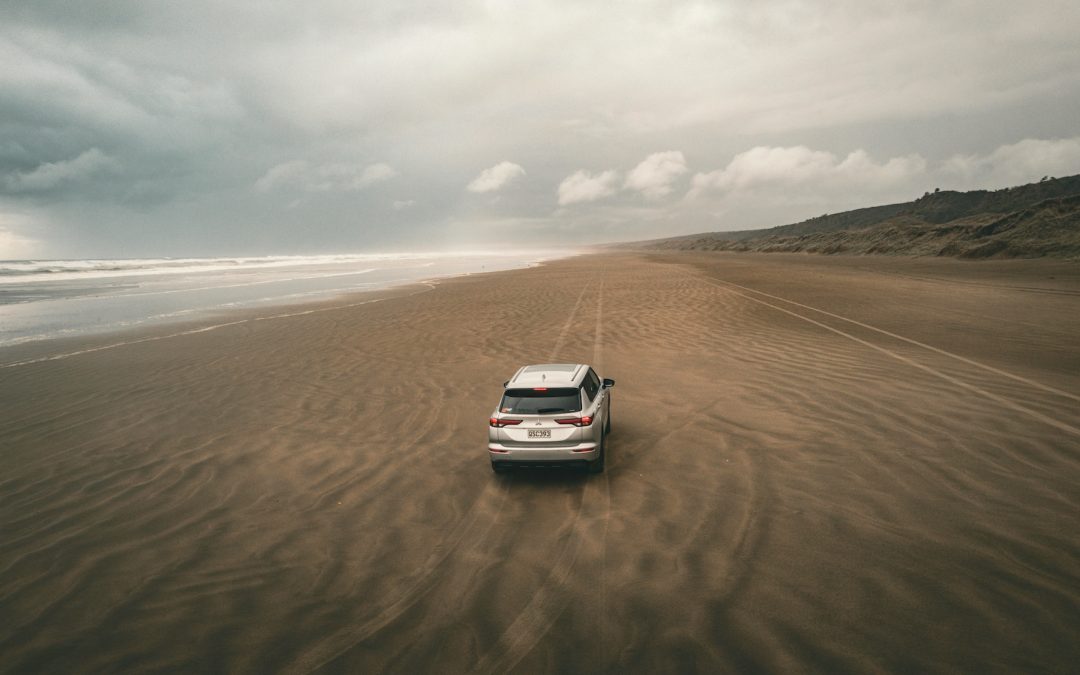Definitive Guide: Moving Your Car from Australia to New Zealand
Thinking about taking your car across the Tasman? Moving your vehicle from Australia to New Zealand might seem straightforward, but there’s more to consider than just shipping it across the sea. From compliance and shipping options to costs and registration, we’ve put together everything you need to know to make your move stress-free.
Palmers Relocations has decades of experience helping Australians move their vehicles safely and legally to New Zealand — so you can focus on the excitement of your new adventure.
1. Should You Take Your Car?
Before committing, ask yourself: is it worth it?
-
Compare the value of your car in Australia versus New Zealand. Sometimes selling your vehicle at home and buying in NZ is cheaper and simpler.
-
Consider insurance, servicing, and spare parts availability in New Zealand.
-
If your car is in excellent condition and a popular model, shipping it could save you money and time when you arrive.
2. Vehicle Eligibility & Compliance
New Zealand has strict rules for importing vehicles. Your car must:
-
Meet NZ safety standards, including Warrant of Fitness requirements.
-
Meet emissions standards (especially for newer low-emission vehicle policies).
-
Not be sold in New Zealand for at least 12 months without extra taxes.
Tip: Check the NZTA website for specific rules on modifications, tyres, lights, and emissions before shipping.
3. Shipping Options
Palmers can arrange the type of shipping that best suits your needs:
-
Dedicated Container (Sole Use): Faster, safer, and exclusive to your car. Ideal for high-value vehicles.
-
Shared Container (Groupage): Cost-effective option for standard vehicles, slightly slower.
-
RORO (Roll-On Roll-Off): Not recommended for NZ-bound cars because of strict biosecurity inspections.
Shipping times:
-
Dedicated container: ~ 4-6 weeks
-
Shared container: 8 – 16 weeks

Shipping car to New Zealand
4. Customs & Biosecurity
New Zealand has strict biosecurity rules to protect its environment:
-
Cleaning is mandatory: Your car must be free of soil, plant material, and food. Thoroughly cleaning your vehicle helps avoid fines or delays at the border.
-
MPI Inspection: MPI (Ministry for Primary Industries) will inspect your car on arrival. Non-compliance can result in fines, delays, or even refusal of entry.
- Border Inspection: In addition, your vehicle will undergo a Border Inspection by an independent assessor. This check ensures the car’s structural integrity and roadworthiness, and verifies that the Vehicle Identification Number (VIN) matches the documentation provided.
-
Duties & Taxes: Australians (or any client importing a vehicle) may qualify for concessionary “free” entry of their motor vehicle into New Zealand — but certain conditions must be met:
-
You have resided outside New Zealand for more than 21 months or are moving to reside in New Zealand for the first time.
-
You hold a current document authorising residency in New Zealand.
-
You personally owned and used the vehicle for at least 12 months prior to shipping.
-
You are present in New Zealand when the vehicle arrives.
You will need to provide:
-
Proof of purchase and the purchase price (purchase invoice).
-
If no purchase invoice is available, evidence that you have owned and used the vehicle for 12 months before shipping, along with a local NZ valuation on a vehicle dealer letterhead.
-
A copy of the vehicle’s registration papers.
If you meet all the above requirements, concessionary “free” entry can be granted, but you will need to sign a Deed of Undertaking stating that you cannot sell the vehicle for 2 years. Important: If the vehicle is sold within this 2-year period, you will be required to pay NZ Customs the GST.
What if you don’t meet all the requirements?
If any of the concessionary entry conditions are not met, your vehicle can still be imported, but you will be required to pay NZ GST to bring the vehicle into New Zealand. Additional inspections or documentation may also be required, which could result in delays.Pro Tip: Planning ahead is key. Speak with your Palmers Relocations consultant or NZTA directly — they can guide you on documentation, vehicle valuation, and steps to minimise costs and delays.
You can read more here: https://www.nzta.govt.nz/vehicles/importing-a-vehicle
-
5. Deregistration & Insurance in Australia
Before your car leaves:
-
Deregister it with your state’s transport authority. You may receive a refund for unused registration months.
-
Cancel your Australian insurance and request a refund for the remaining period.
-
Organise temporary or comprehensive insurance for your car in New Zealand.
6. Preparing Your Vehicle
-
Remove all personal items.
-
Take photos to document its condition for insurance purposes.
-
Ensure your car meets NZTA vehicle standards and is ready for inspection.
Pro Tip: Decluttering now not only simplifies your move but may reduce shipping costs.
7. Registration & Road Compliance in New Zealand
Once your car arrives:
-
Pass the Warrant of Fitness (WoF) inspection.
-
Register with NZTA to get your New Zealand number plates.
-
Ensure you have valid insurance before hitting the road.
8. Costs to Expect
-
Shipping fees (container type, port fees, insurance).
-
MPI inspection fees.
- Border Inspection by an independent assessor
-
Registration, WoF, and insurance in New Zealand.
-
Optional: Temporary transport or storage while awaiting customs clearance.
9. Timing & Planning
-
Start planning several months before your move.
-
Factor in shipping time, customs inspections, and potential delays.
-
Palmers can coordinate everything from pickup to delivery, so you don’t have to worry.
10. Special Cases
-
Classic or modified vehicles may need additional approvals.
-
Electric vehicles may require compliance checks for charging standards and batteries.
11. Handy Tips from Palmers
-
Keep all documents in both digital and hard copy.
-
Communicate with your Palmers move manager for updates on shipping and customs.
-
Consider professional packing and transport — it’s safer for your vehicle and your peace of mind.
Your Next Step
Moving your car to New Zealand doesn’t have to be complicated. With Palmers Relocations, you’ll have expert guidance on compliance, shipping, customs, and registration — so your vehicle arrives safely and legally.
📞 Call Palmers today on 1300 363 916 to discuss your NZ car move and get a personalised plan for your relocation.

